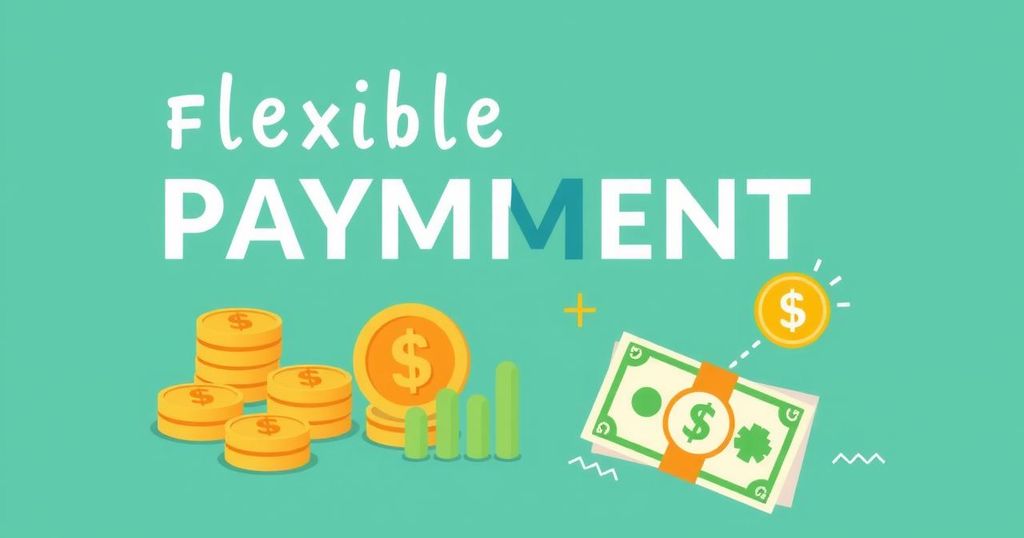Government Introduces New Payment Scheme for Health Contributions
President Ruto announced the Lipa Polepole payment scheme for SHA contributions, enabling Kenyans in informal sectors to pay in installments. This initiative comes as the World Bank raises concerns over the funding of Universal Health Coverage amid widespread informal employment. While the new payment option provides flexibility for many, significant challenges remain for sustainable healthcare financing in Kenya.
In a recent announcement, President William Ruto unveiled a new payment scheme targeted at Kenyans in informal sectors. Dubbed the Lipa Polepole initiative, this plan allows individuals to pay their health insurance contributions to the Social Health Authority (SHA) in installments, rather than in a lump sum. This method aims to tackle the recurring issue of sporadic premium payments in these sectors, enhancing the reach of health coverage, according to Ruto’s remarks during the 62nd Madaraka Day celebrations in Homa Bay.
Ruto detailed that this new approach gives families flexibility, enabling them to select payment methods that suit their financial situations. He emphasized that the initiative aims to empower Kenyans, stating, “This initiative will enable Kenyans to remit their annual SHA contributions through flexible, manageable installments, whether monthly, weekly, or even daily, based on their financial abilities.” This initiative has come to fruition through collaborations between the Ministries of Health and Cooperatives, alongside partnerships with financial institutions and mobile service providers facilitated by the Hustler Fund.
The President also mentioned current enrollment figures, indicating that about 50,000 Kenyans have signed up for the SHA program, which has successfully provided health services to 4.5 million citizens. However, just days before Ruto’s announcement, the World Bank highlighted some pressing issues related to the Universal Health Coverage (UHC) and the Social Health Insurance Fund (SHIF). They suggested a reconsideration of the program’s financial structure amidst rising concerns from the public.
In a report titled Public Finance Review, the World Bank recommended reevaluating the SHIF rollout and questioned the funding model, particularly regarding how it affects low-income individuals working informally. The report warns that the implementation of SHIF is not sustainable in an economy where informal employment is prevalent, estimating that annual revenue would only reach Ksh67 billion—well short of the Ksh157 billion goal set for the program.
The World Bank’s recommendations included exempting low-wage workers in the formal sector from SHIF contributions while proposing that collection efforts focus on formal workers. They urged the government to subsidize contributions for informal workers and marginalized groups, aiming to foster equal access to healthcare services.
President Ruto’s introduction of the Lipa Polepole payment scheme marks a significant step in making health insurance more accessible to Kenyans working in informal jobs. By enabling easier installment payments, the government aims to address ongoing issues surrounding irregular premium payment patterns. However, the World Bank’s recent report underscores the challenges still facing the Universal Health Coverage initiative, prompting calls for a more equitable approach to health insurance funding.
Original Source: www.kenyans.co.ke




Post Comment